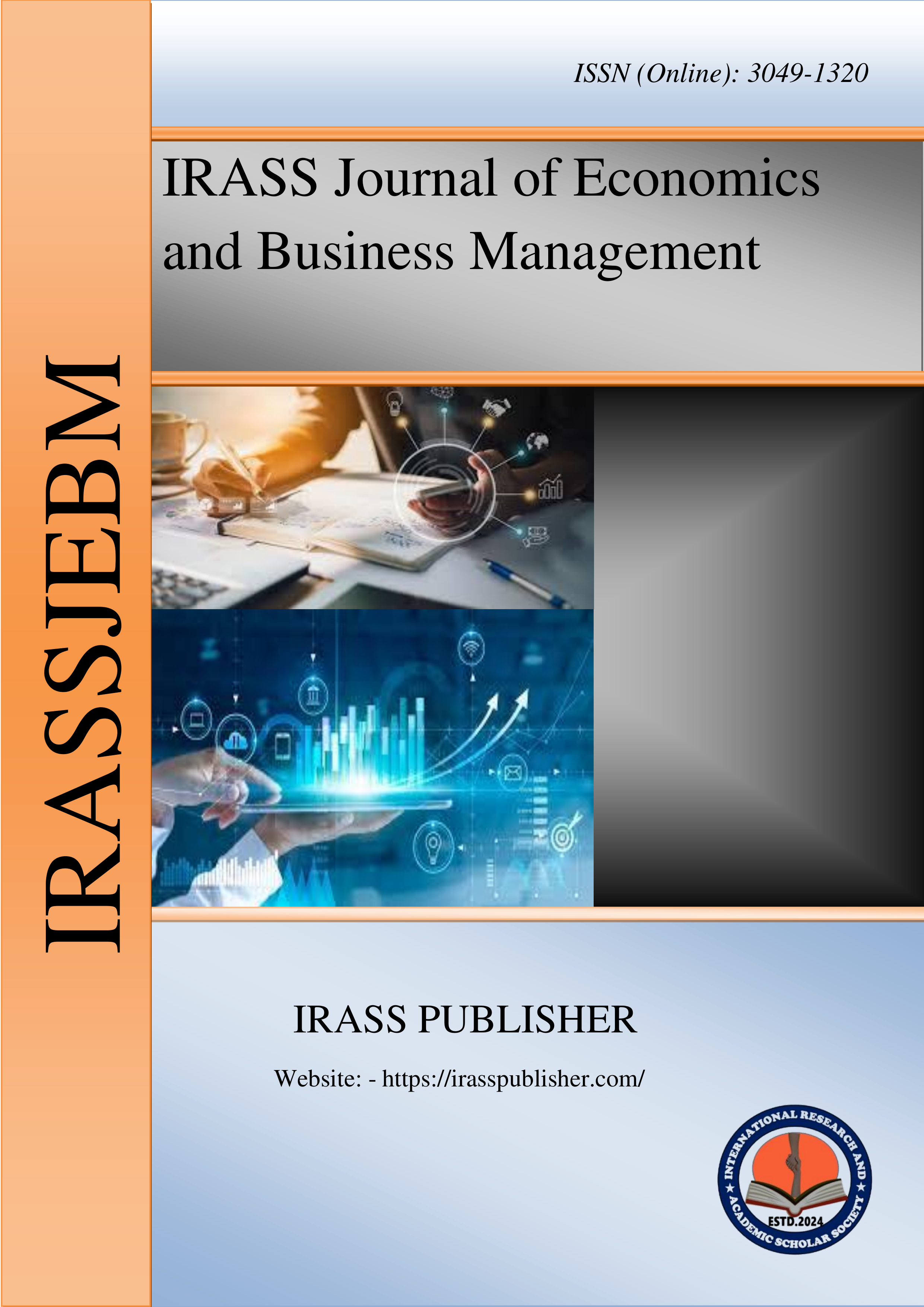ASSESSING THE IMPACT OF ELECTRICITY SUPPLY ON UNEMPLOYMENT RATE IN NIGERIA
Sr No:
Page No:
15-22
Language:
English
Authors:
Sabiu Bariki Sani* , Oyinlola Olaniyi, Kareem Ibrahim Tanko
Received:
2025-03-08
Accepted:
2025-03-23
Published Date:
2025-03-27
GoogleScholar:
Click here
Abstract:
This study assesses the relationship between electricity supply and unemployment
in Nigeria. Using a time series annual data from 1990 to 2023, the study employs the
Autoregressive Distributed Lag (ARDL) model bounds test and Pairwise Granger causality test
to analyze the relationship. The bound test result revealed the existence of long-run
cointegration among the variables as the F-statistic 4.433277 is greater than the critical value
3.23 at lower bound level and 4.35 at upper bound level. The Error Correction coefficient is
approximately -0.571300 has the expected negative sign and it is also statistically significant
considering the probability value which is 0.0026. After a shock, the ECM value indicates an
average speed of adjustment to equilibrium, which can be attained with a 57% adjustment
speed. Given the statistical significance of the P-values (0.0285 and 0.0045, respectively), the
Granger causality test indicates a bi-directional causal relationship between ELS and UR. The
study comes to the conclusion that Nigerian unemployment is significantly influenced by the
availability of electricity since there is a negative correlation between the two, indicating that a
rise in electricity supply may result in a fall in unemployment. The study, therefore
recommends that government should prioritize investments in the electricity sector to improve
electricity supply and reduce unemployment and also implement policies like Expatriate
Employment Levy, Prohibition of Casualization, Redundancy and Business Transfer
Regulations, etc., to promote the development of labor-intensive industries that can absorb the
unemployed labor force.
Keywords:
Electricity supply, Unemployment, Nigeria, ARDL.
Journal: IRASS Journal of Economics and Business Management
ISSN(Online): 3049-1320
Publisher: IRASS Publisher
Frequency:
Monthly
Language:
English

